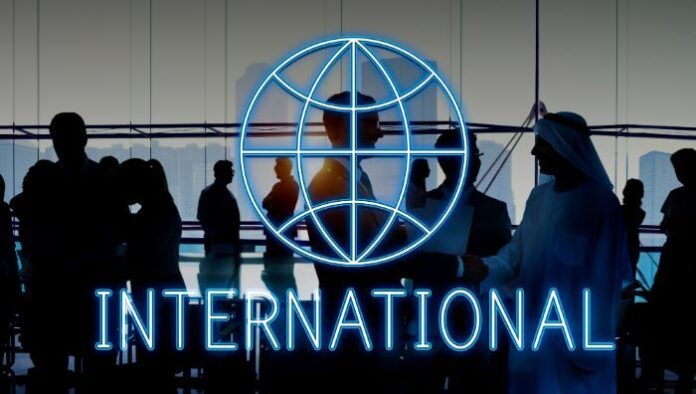You worked hard to develop the perfect branding for your business — so the last thing you want is for some other entrepreneur to steal your ideas and impact your success. Technically, you automatically gain a trademark on your brand names and logos when you do business under them, but it doesn’t hurt to protect your brand identity with trademark registration. Registering your trademarks with the United States Patent and Trademark Office ensures that any other organization has no legal ability to operate a similar business using similar names and logos to yours.
However, there is one caveat that all business leaders in the U.S. need to understand about trademarks: Their legal protection stretches only to the American border. If you expect to expand your organization across national lines and operate business internationally, you need to do more to protect your trademarks. Here is what you might need to know about international trademark rights as you build your business brand strategy.
Trademarks Are Distinct in Different Jurisdictions
American law covers Americans within American territories. Thus, U.S. trademark policies extend rights to American businesses operating in America — and nowhere else. Though there is a set of trademark rights that are shared amongst a collection of countries, the enforceability of these so-called international trademark rights remains dependent on the unique rules of individual jurisdictions.
Just as it is a mistake to assume placing the TM symbol after your professionally designed corporate logo is enough to prevent copycats and bad actors from taking advantage of your successful branding, it is also a mistake to believe that the U.S. Patent and Trademark Office has any power to enforce your registered trademark — even within the United States. In truth, you alone are fully responsible for enforcing your trademark rights on American soil and elsewhere, if you have registered trademarks in other jurisdictions. Fortunately, failing to enforce your trademark in another jurisdiction has no impact on your trademark rights in the U.S., so if you do not anticipate expanding your brand internationally, you may not notice any impact of similar trademarks elsewhere in the world.
Some International Agreements Extend Trademark Protections
In recent years, it has become much easier and more common for companies to do business outside their region of origin. As a result, many countries have formed agreements that make it easier to submit a single trademark application and receive protection in multiple jurisdictions. If you are looking to maximize your trademark rights and minimize your time registering with government agencies around the world, you might consider taking advantage of some of the following trademark systems:
The European Union Trade Mark (EUTM) allows for the protection of a registered trademark across all European Union member states.
The African Regional Intellectual Property Organization functions like the EUTM, extending registered trademark rights to all member states.
Filing with the Benelux Office for Intellectual Property ensures trademark protection in Belgium, the Netherlands, and Luxembourg.
The Madrid Agreement and Madrid Protocol permit the registration of trademarks in any jurisdiction that is party to both treaties.
It is important to note that several pacts and treaties allow countries to share common trademark law but create no system of shared trademark registration. For example, the Andean Pact makes it easier to understand the trademark regulations within members of the Andean Community (Bolivia, Colombia, Ecuador, and Peru), but you will need to submit a trademark application to each jurisdiction to receive comprehensive coverage in this region.
It Might Be Wise to Act Fast to Own Trademarks Internationally
You might own a trademark on your company name, logo, slogan, and more within the United States, and another entrepreneur might own near-identical trademarks in China or Peru — and you will have limited ability to intercede. If you expect to build an international business, you might need to file preemptive trademarks on your brand assets in any jurisdictions where you expect to conduct business.
You might work with an intellectual property attorney or a trademark consulting firm to help you navigate the complex and ever-evolving trademark laws around the world. As you focus on brand building and business strategy, you can develop confidence in the protection of your trademarks in any jurisdiction into which you expect to move.







